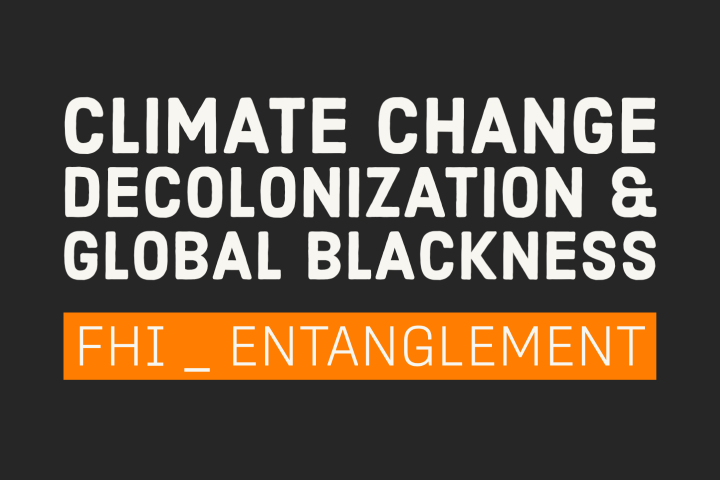Against Terricide: Envisioning Paths towards Pluriversal Transitions

Please join the Climate Change, Decolonization, and Global Blackness Lab (CCDGBL) at the John Hope Franklin Humanities Institute for our 2022-23 speaker series. CCDGBL is part of The Entanglement Project, a new FHI initiative focused on the intersections of race, health, and climate.
All talks are hybrid:
- In-person registration (w/ COVID safety info): https://duke.is/yc4gm
- Zoom registration: https://duke.is/rcjhw
The CCDGB speaker series is co-sponsored by the Nicholas Institute for Energy, Environment & Sustainability and the Nicholas School of the Environment.
This particular lecture is co-sponsored by ECOLOGIES OF KNOWLEDGES, also part of the Entanglement Project.
This presentation outlines a new narrative of life emerging at the interface of Latin American anti-extractivist territorial struggles and critical social theory. Such narrative might ground a praxis of pluriversal transitions beyond modernity's liberal, secular monohumanism necessary to face the climate catastrophe caused by global colonial capitalist worldmaking practices.
Arturo Escobar is an activist-researcher from Cali, Colombia, working on territorial struggles against extractivism, postpatriarchal, postdevelopmentalist and post-capitalist transitions, and ontological design. He was professor of anthropology and political ecology at the University of North Carolina, Chapel Hill, until 2018, and is currently affiliated with the PhD Program in Environmental Sciences (Universidad del Valle, Cali). Over the past thirty years, he has worked closely with Afro-descendant, environmental and feminist organizations in Colombia. His most recent books are Designs for the Pluriverse: Radical Interdependence, Autonomy, and the Making of Worlds (2018); Pluriversal Politics: The Real and the Possible (2020); and Relationality: Remaking and Restor(y)ing Life, with Michal Osterweil and Kriti Sharma (in press).







